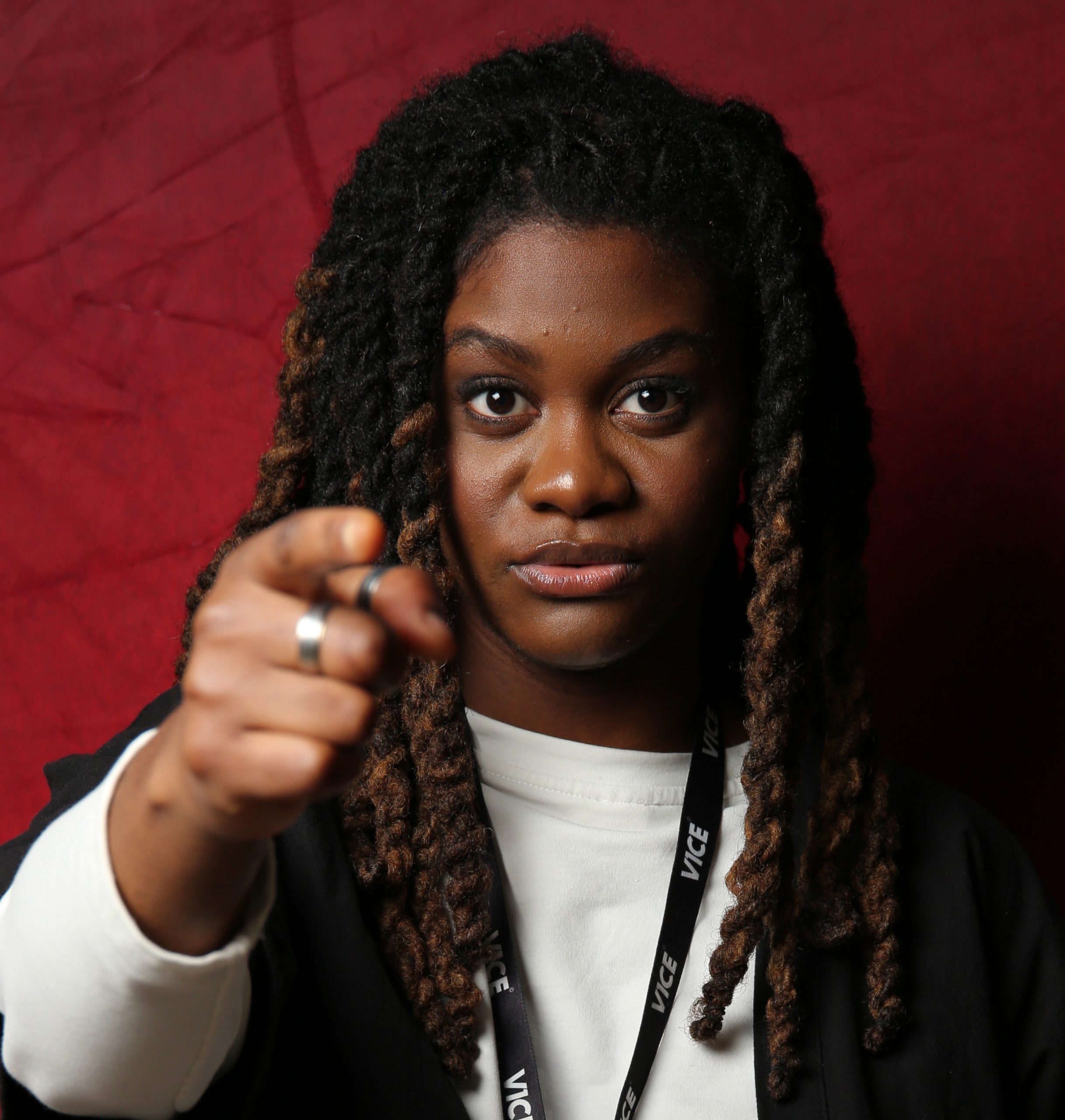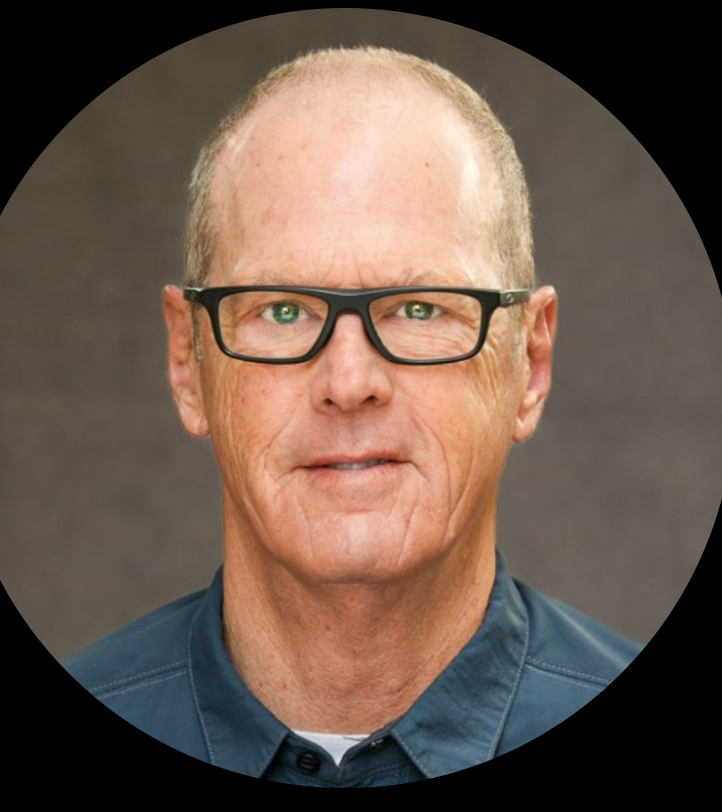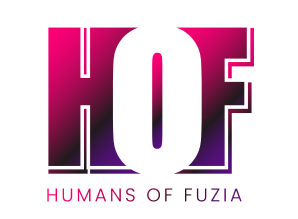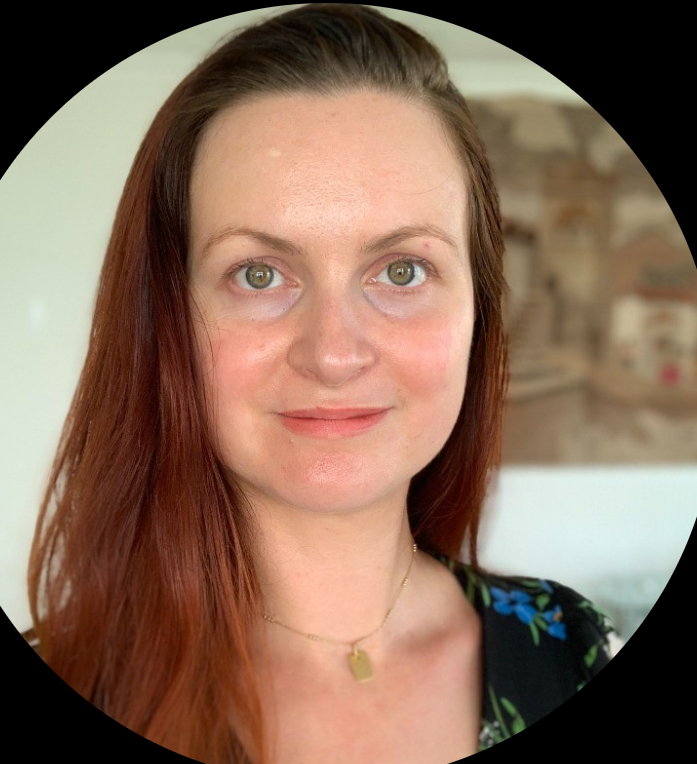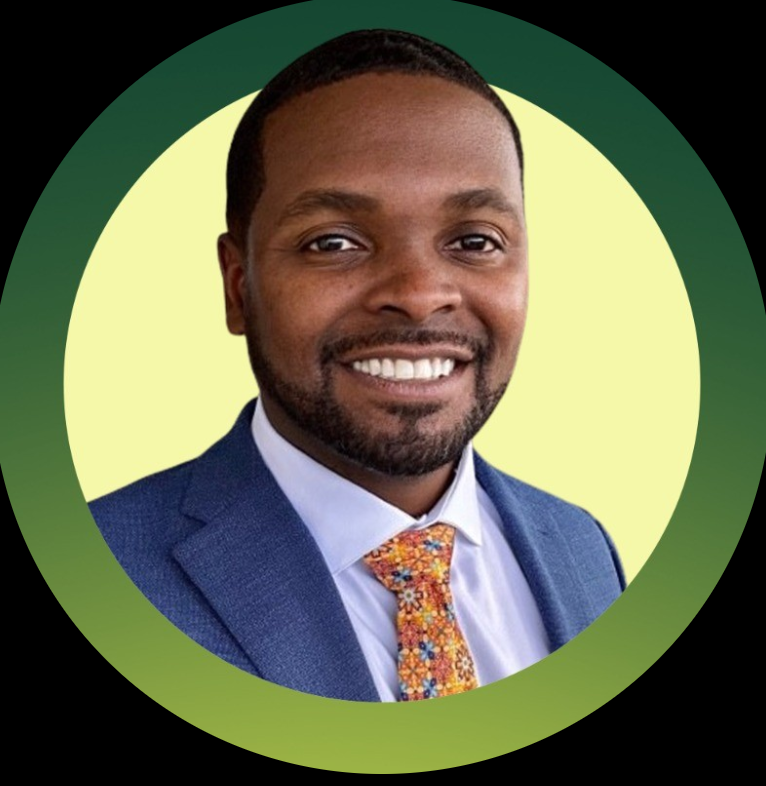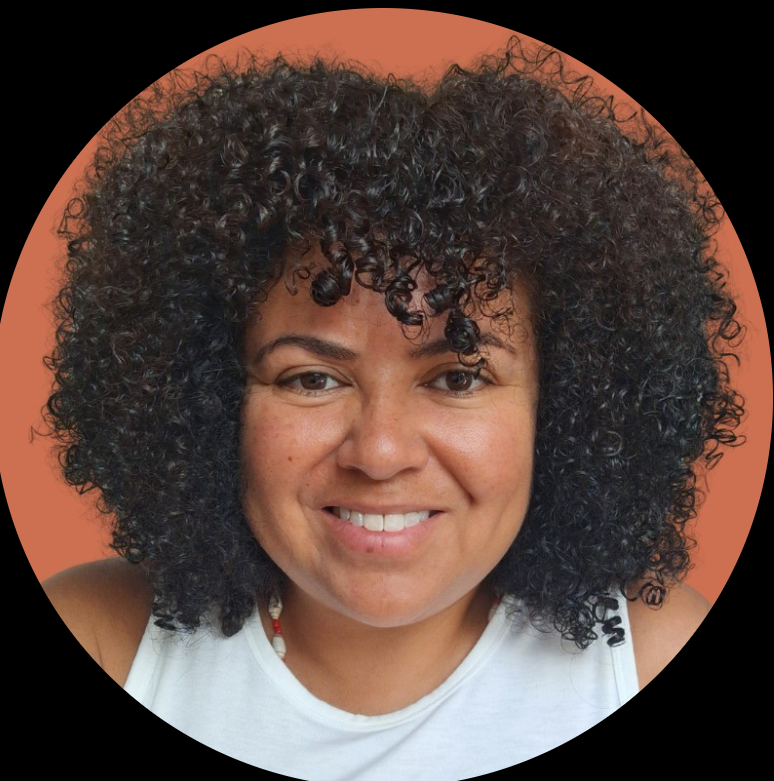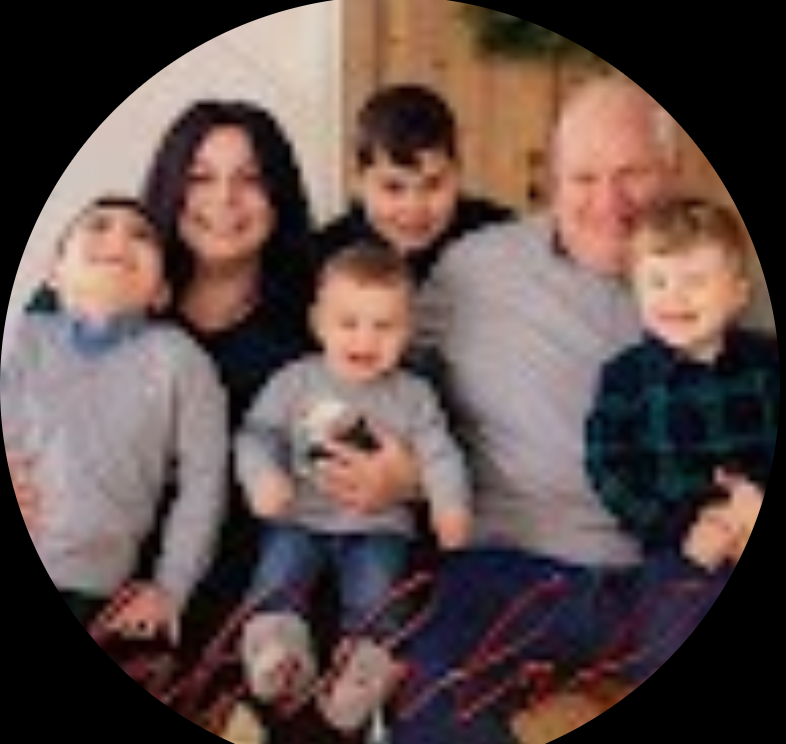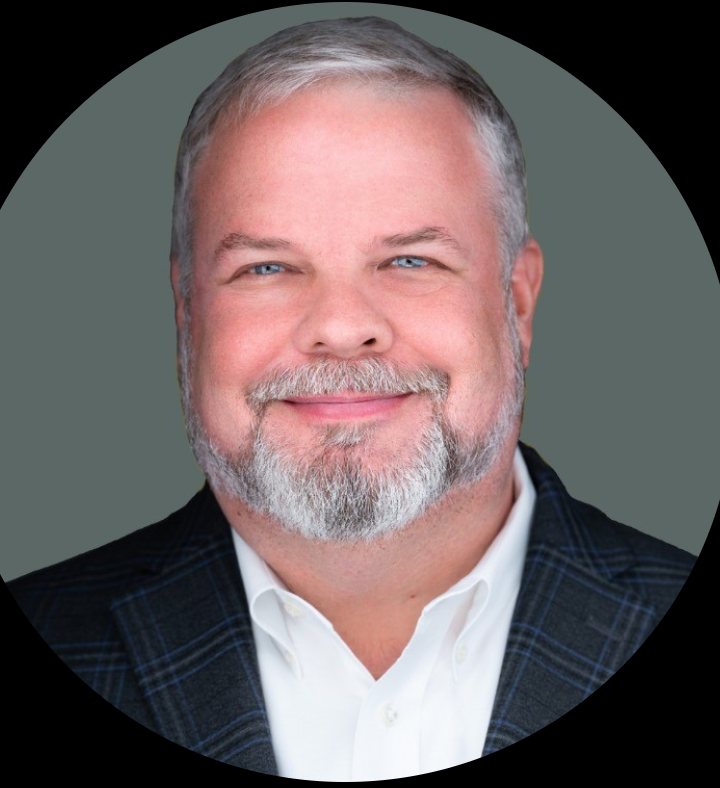Martha Ewas is a holistic stress coach and founder of Enasni Connections, an initiative dedicated to empowering frontline workers—from nurses and police officers to key support staff—by transforming their relationship with stress. Drawing on her 15-year background in healthcare, Martha saw firsthand the toll relentless pressure takes on those who care for others. Her work focuses on replacing harmful stress with productive energy, helping people gain clarity, make better decisions, and achieve consistent outcomes. Humans of Fuzia is proud to feature Martha’s journey to inspire our 5 million-strong community, reminding us that women—and men—who uplift others are key to creating a more compassionate and resilient world.
Q: Martha, tell us a bit about yourself and how this journey began.
I’m 30 years old now, and for the last five years, I’ve carried the idea of helping people bridge the gap between what they can see and what they can’t. My background is in nursing, and I saw a heavy reliance on science for decisions, but also a gap in supporting people’s inner wellbeing. After the pandemic, there was a real need to focus on wellness from within, not just surface-level care. I left the NHS, got my coaching certification, and launched Enasni Connections in January this year. My mission is to help frontline workers—nurses, doctors, police officers, porters—reduce bad stress and make the most of good stress so they can thrive both personally and professionally.
Q: The name “Enasni Connections” is intriguing. What’s the story behind it?
It’s actually a simordnilap—a word that spells something different backwards. Enasni is “insane” backwards, representing the space between insane and sane. In the urban dictionary, it’s about making “insane connections,” which is often what it takes to bridge the gap between where you are and where you want to be. For me, it’s tied to spirituality—not in a religious sense, but about going back to your origins and discovering your true self. That process takes courage and energy, and that’s the journey I guide my clients through.
Q: How do you structure your coaching?
I do both one-on-one sessions and group coaching. My group coaching is different from traditional business group coaching. Instead of focusing on a shared company goal, each person identifies their own personal goal within the group setting, and we work from there. I also run 60-minute one-on-one sessions based on the GROW model. I’m currently preparing for a regular in-person workshop starting in October, collaborating with other coaches, and creating videos and live sessions to share knowledge.
Q: What platforms do you use to reach your audience?
Mainly LinkedIn, Facebook, Instagram, and soon YouTube for videos. My website is being developed to include articles, white papers, and videos. The white papers are in-depth guides that explain complex industry issues—great for those who really want to understand the coaching landscape.
Q: Where do you see yourself and Enasni Connections in the next couple of years?
By 2026, I aim to hire staff so I’m not doing everything myself. I plan to outsource IT and website management, social media marketing, and some administrative work. I also want to bring on a business operator to guide me in navigating growth. The goal for now is to put these measures in place and let them settle.
Q: What challenges have you faced so far?
Reaching my target audience has been tricky because they don’t spend much time on LinkedIn; they’re more active in personal Facebook communities. Convincing them to try something new can be difficult, especially with low morale in the NHS. Coaching also has a cost factor, so I’m working on making it more accessible while still running a viable business. Personally, time management has been a challenge. Bringing in a nutrition coach and fitness coach has made a big difference in keeping me energized and focused.
Q: What’s one message you’d like our readers to take away?
Love—real love, not just in the human sense, but the kind that costs something. In business, that means genuinely helping people. Don’t try to serve everyone; focus on helping just a small “teaspoon” of people from the ocean of possibilities. When you do that well, doors start to open naturally.
“If you’re really good at something, focus on that one thing. Help a teaspoon of people well, and the ocean will take care of the rest.” – Martha Ewas
Want to be featured?
If you’d like to be featured in the Humans of Fuzia series, email us at fuziatalent@fuzia.com.



